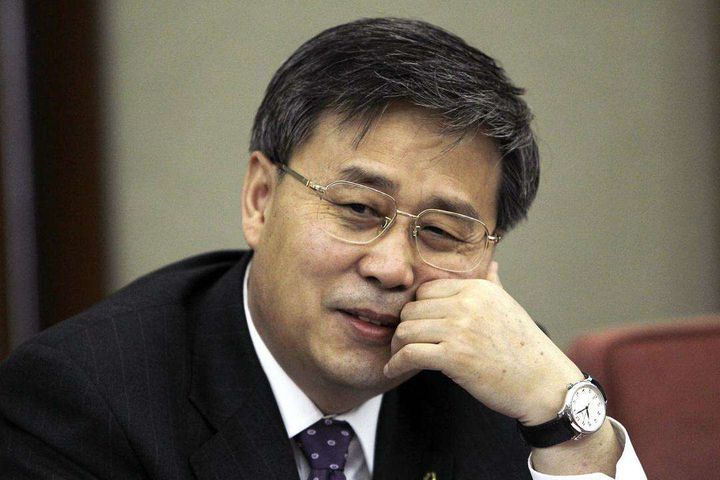 China Will Work to Suppress Property Bubbles, CBRC Chairman Says
China Will Work to Suppress Property Bubbles, CBRC Chairman Says(Yicai Global) June 26 -- China will work to suppress property bubbles in certain areas, China Banking Regulatory Commission (CBRC) Chairman Guo Shuqing said while leading a seminar on the banking sector and supply-side structural reform at the Agricultural Bank of China's headquarter of on June 23.
"Efforts shall be made to implement differentiated housing credit loan policies to curb property bubbles in some regions and carry out market-oriented debt-to-equity swaps under the rule of law to steadily push forward the process of deleveraging," Guo said.
Volume has decreased while prices have increased on China's housing loan market. USD3.5 billion (CNY23.92 billion) in new individual housing loans were issued in March in Beijing, down CNY3.16 billion from the previous month, recently released data from the CBRC's Beijing Office shows. The figure dropped CNY313 million and CNY1.79 billion month-on-month in April and May to CNY23.61 billion and CNY21.82 billion, respectively.
Mortgage loans declined and credit structure was optimized on a national level. Yuan-denominated loans increased by CNY1.11 trillion in May, including increases of CNY610.6 billion in the housing loan sector and CNY439.6 billion in medium- and long-term loans. Housing loans accounted for 38.9 percent of new loans, compared to 40.3 percent in the previous month and 53.6 percent in the same period last year.
At the same time, the interest rates on individual mortgage housing loans granted by major commercial banks rose in first-tier cities. The interest rates on first-home loans were raised five times in Beijing, from a 15-percent discount on the benchmark rate to 1.1 times it. Banks in Shanghai and Guangzhou upped interest rates on first-home loans by 10 percent to 20 percent.
China will push to strengthen service charge management and increase financial supply to reduce corporate costs effectively; enhance services related to farmers, agriculture and rural areas, small and micro enterprises, and new growth drivers in various businesses; and support firms in joining the Belt and Road construction and provide more efficient services for companies that are 'going global,' Guo said.
Financial and banking institutions shall boost their ability to support supply-side structural reforms in four ways, said Guo. First, they should develop a deep understanding of the significance of the banking sector in supporting supply-side structural reform and thoroughly appreciate local enterprises' and residents' demand for banking services. Second, they should discover effective ways to set up specialized agencies, establish funds involving private enterprises and foreign capital, support public-private partnership projects, and encourage state-owned enterprises in implementing mixed ownership reform.
Thirdly, they should focus on improving risk prevention and control capacity while enhancing services and paying special attention to guard against credit and liquidity risks. They must ensure that risks are isolated and eliminated, and should study how to calculate venture capital amounts in debt-to-equity swaps.
Fourth, the government, banks and enterprises shall be given full play to promote the multi-party cooperation such as government-bank-insurance company cooperation and government-bank-guarantee agency cooperation. Information sharing and coordination with local governments and judicial bodies should be intensified to crack down on debt evasion and to promote the optimization of the financial ecology.